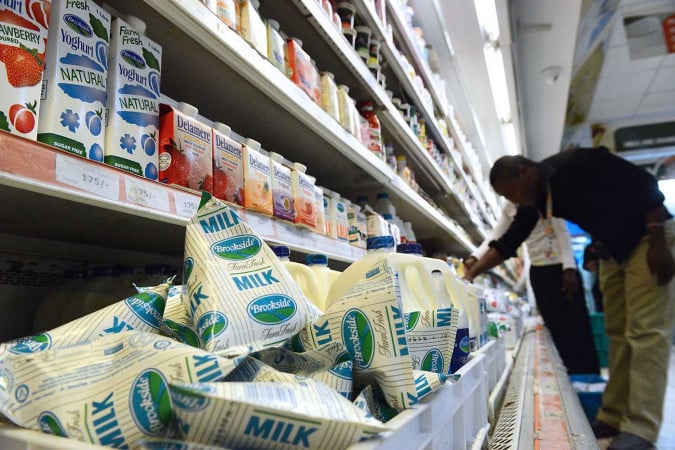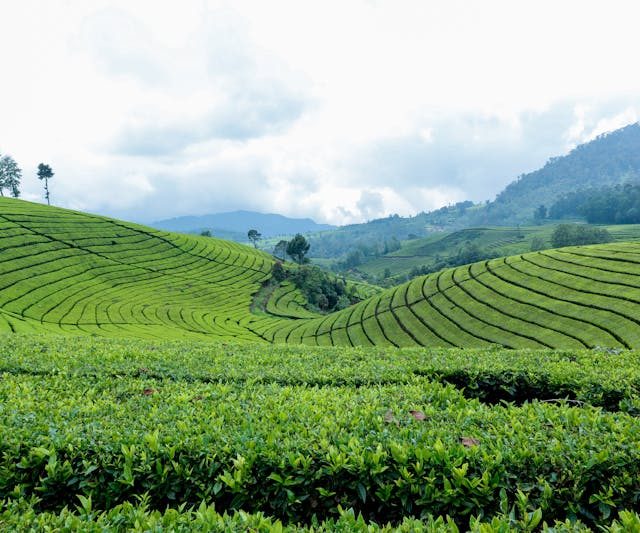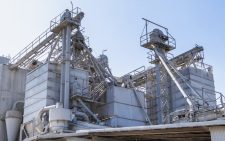Consumers feel tax pinch as prices continue to soar

Increased taxes on suppliers and surging fuel prices left Kenyan businesses grappling with increased costs of operation in the month ending February, latest economic health indicator report for the manufacturing sector shows.
Stanbic Bank Purchasing Managers’ Index (PMI) shows that despite businesses experiencing renewed expansion activity last month, input costs rose at a fastest pace in 41 months, forcing firms to pass on rising costs to end consumers as they adjust to inflation surge.
Domestic demand, analysts point out, recovered strongly in February driven by increased customer numbers following a reduction in Covid-19 cases as well as heightened marketing efforts by firms.
“Firms responded to the higher demand by increasing their output and quantity of purchases significantly during the month,” said Kuria Kamau, Fixed Income and Currency Strategists at Stanbic Bank. That said, he added, input prices for firms rose at the fastest rate in 41 months largely due to higher tax burdens and rising energy costs.
Solid improvement
Kenya’s headline PMI rose above the 50.0 neutral thresholds, up from 47.6 in January to 52.9 in February. The index pointed to a solid improvement in the health of the private sector economy, helped by a recovery in business activity as Covid-19 cases downsized.
The PMI survey covered, among others, variables such as output and input prices inflation which are both lead indicators of probable changes in consumer pricing.
It said the rate of overall input cost inflation was the strongest seen since September 2018, adding that output charges were raised at a solid pace accordingly.
Despite the latest report by Kenya National Bureau of Statistics (KNBS) showing that the monthly inflation marginally dropped to 5.07 in February, there is little to celebrate as the overall cost of essential commodities remains high.
Experts explain that this paradox, where inflation drops while costs of basic items surge, can be well linked to the little impact of government subsidy programmes, tax burden, and high cost of importation of raw materials caused by the global chain snarls. Kamau said that recovery in demand allowed firms to increase their output prices at the fastest rate in three months to pass on the higher input costs and protect their margins,
“While the 12-month outlook by firms rose marginally from January, it is now at a 5-month high as concerns around the Covid-19 pandemic begin to dissipate,” he noted. PMI reveals that purchasing activity expanded sharply and at the quickest pace for 16 months, implying the growing demand for commodities despite rising input prices and global shortage.
This helped firms bolster their stocks amid increased confidence that sales would continue to grow.
Churchill Ogutu, an economist at IC group, says that “other inputs such as transportation costs and global oil prices that have been high for over one year, erodes the cost-reduction programmes placed by the government.”
Financial strength
As the taxes weaken the financial strength of manufacturers, they are further struggling with the shortage of raw materials and expensive global freight delays, which worsened following the Ukraine-Russia tension.
For instance, shortage of raw materials such as plastics, steel, copper, and other semiconductors used in electronic devices has seen manufacturers in automotive and household electronics hike their prices by at least 20 per cent as production also scales down.



